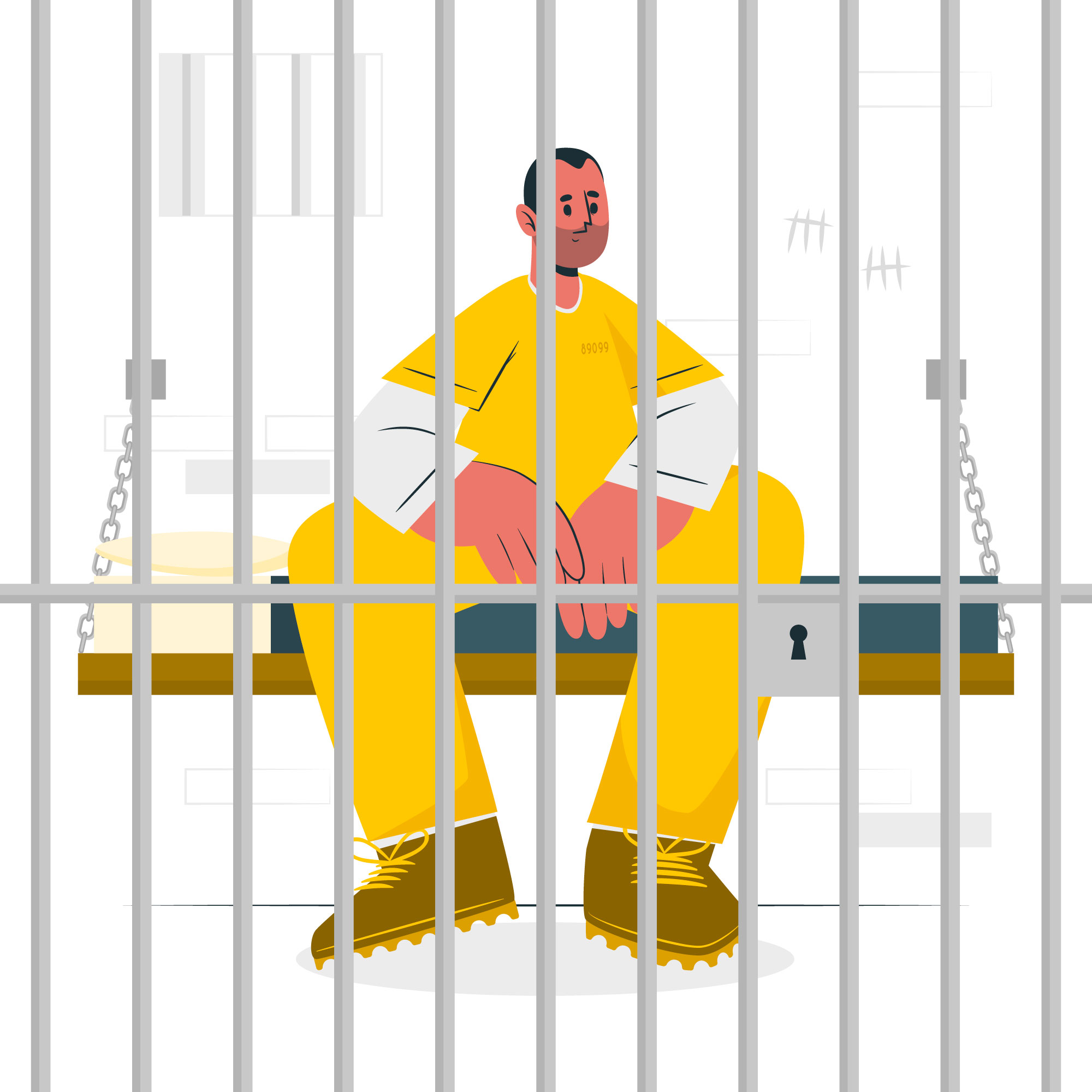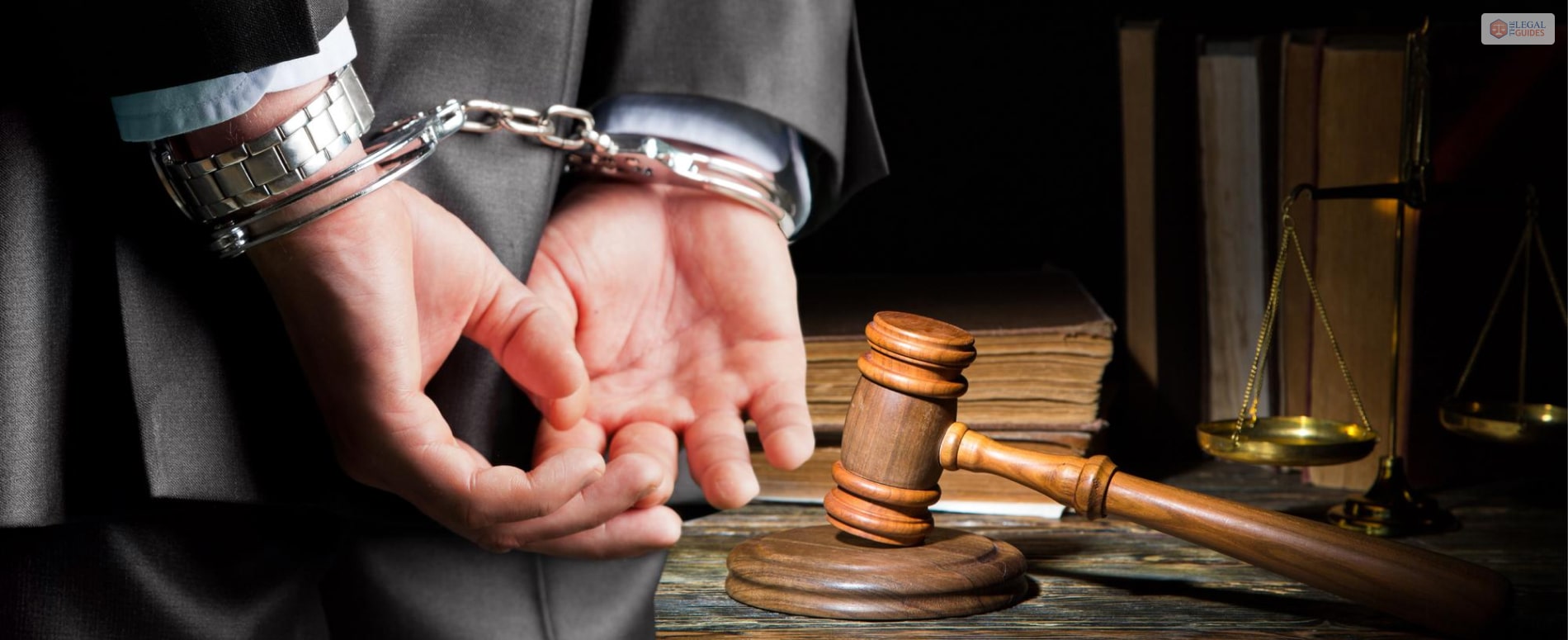Prisoner healthcare concerns have been rising around the country. It’s critical for people behind bars, and the concerns have far-reaching effects on them and the society behind the detainment facilities.
Although the public opinion is based on the lack provisions of health care in the prison, the challenges are more difficult than that. Lack of access to treatment, systematic failures, lack of oversight, and insufficient resources.
A stark example of this issue is visible in the Maryland Prison system. The state’s failure to oversee prisoner health care has had detrimental consequences for many incarcerated individuals.
In this article, we have covered the major challenges of health care in the prisons with insights drawn from Maryland’s Oversight Failures.
The State of Prisoner Health Care in Maryland
It’s critical for inmates, like free citizens out in the world, to receive proper medical care when they need it. However, people who are incarcerated in Maryland correctional facilities sometimes face an underfunded and poorly managed healthcare system.
These inmates sometimes face problems in this underfunded and poorly managed healthcare system. Many of them often struggle with chronic health issues like diabetes, mental health issues, and heart disease. These issues can often demand regular attention.
Unfortunately, the Maryland Correctional Center’s healthcare system has failed to provide these basic needs to its inmates.
Inmates often suffer from staffing shortages, long intervals between doctors’ visits to check on them, and inadequate responses to medical emergencies.
Also, for prisoners who have chronic mental health issues, the lack of timely and adequate treatment sometimes also leads to significant issues with one’s health. Sometimes, it can also worsen and affect the overall health of the person.
Legal Failures and Oversight Gaps
Altough there are many issues affecting the overall quality of the prison in the Maryland healthcare system, lack of oversight is the major one among them.
The Maryland Department of Public Safety and Correctional Services (DPSCS), which manages the state’s prisons, has been criticized for failing to ensure prisoners’ healthcare needs are addressed.
Also, there are several reports which highlight the possibilities of correctional healthcare being understaffed. This is another issue that impacts the cqulaity of service the prisoners receive in the prison.
One way that prisoners may seek justice is by consulting a Malpractice attorney in Baltimore. Lawyers with expertise in malpractice claims can help victims of prison health care negligence hold the responsible parties accountable.
However, the problem arises because many prisoners don’t know about the right way to take legal actions against these issues. Also, a systematic barriers sometime prevent them from getting the necessary legal resources.
Medical Negligence and Its Impact on Inmates
Another major problem in Maryland’s prison healthcare system is medical negligence. Prisoners report being prescribed the wrong medications or receiving treatments that are inadequate for their conditions.
In some cases, severe health conditions like untreated infections or untreated mental health issues lead to permanent damage or unnecessary suffering.
The risks are even greater when medical staff lack the proper training or are overwhelmed by the number of prisoners needing care.
Lack of proper documentation, diagnostic testing, and follow-up care further aggravates the issue. Without accurate medical records or timely tests, prisoners with health problems may not receive the right diagnosis or treatment.
This can lead to worsened conditions and increased health complications, sometimes with life-threatening consequences.
Addressing the Oversight Failures: What Needs to Be Done?
When it comes to addressing those issues and failures, Maryland’s healthcare system could use better overall supervision and Staffing initiatives. Here are some steps the facility can take –
Step 1
The first step is strengthening oversight. The state government must ensure that health care in the prisons and correctional facilities must go through independent audits. There must be assessments to check compliance issues within their health care standards.
Step 2
Maryland must invest in recruiting and retaining qualified medical professionals who are able to meet the needs of prisoners. All healthcare workers must go through trainings for handling both mental and physical health challenges. These trainings should equip them with skills to help the inmates.
Step 3
In addition, prisoners also must have clear and easy to access process for filing health care complaints related to the medical care. Many inmates often don’t know how to file a grievance. Sometimes they fear retaliation. That’s why the process must be transparent with rules to encourage inmates on filing complaints.
Establishing transparent systems for inmates to voice their concerns is a crucial step toward ensuring accountability within the prison health care system.
Lessons for the Broader Prison System
The issues in Maryland’s prison healthcare system are not unique. Across the United States, similar problems plague correctional facilities, where inadequate health care puts incarcerated individuals at risk.
Maryland’s failures serve as a powerful lesson for other states in how not to manage prison health care. Some important takeaways include:
1.The Need for Stronger Oversight
Oversight must be proactive and transparent. Independent audits and consistent assessments can help identify and address issues before they escalate.
2.Legal Advocacy Is Crucial
Legal counsel plays a vital role in holding the state accountable for inadequate care. Malpractice attorneys in Baltimore can help those affected by negligent care seek justice.
3. Focus on Preventative Care
Regular medical check-ups and mental health services can significantly reduce long-term health problems and medical costs for the state.
End Note
In summary, the failure to provide necessary health care provisions ot the inmates at Maryland’s correctional facilities is a serious issue. It affects the health of the incarcerated individual and also affects the broader community.
The lesson from this case study is clear. Prisons which are lacking in terms of providing the right health care support must focus on improving their oversight, enhance their staffing, and invest in preventive care of the inmates. In addition, they must also ensure that the inmates are receiving the care that they deserve in the jail.
For those who have suffered due to inadequate health care in prison, seeking legal support from a Malpractice attorney in Baltimore is a key step toward holding the state accountable and ensuring that justice is served.
LEARN MORE:
















